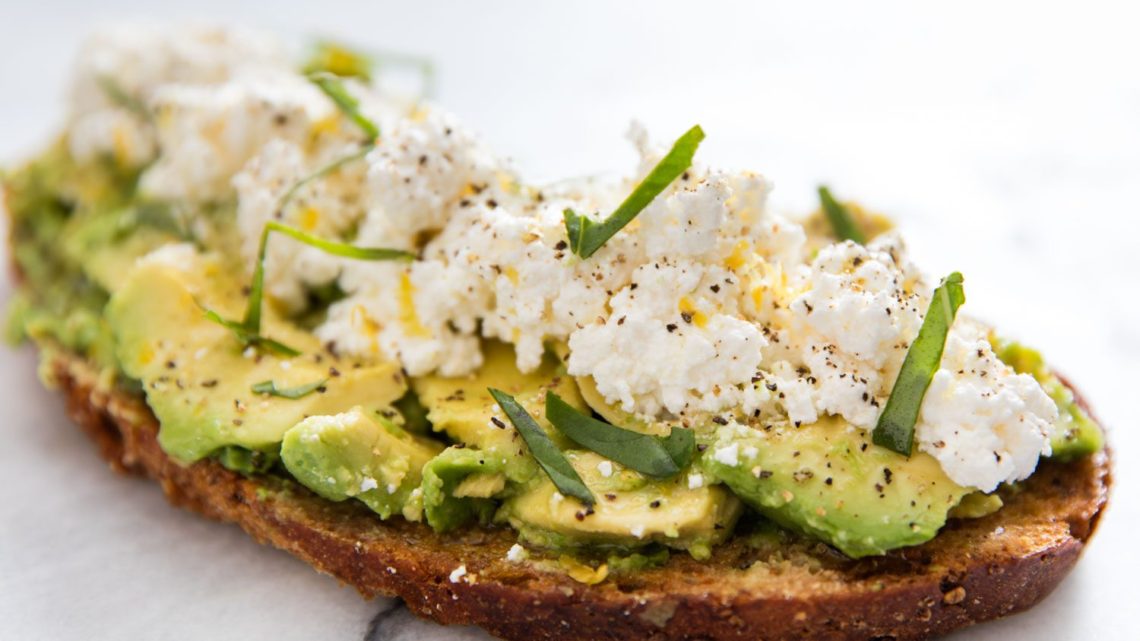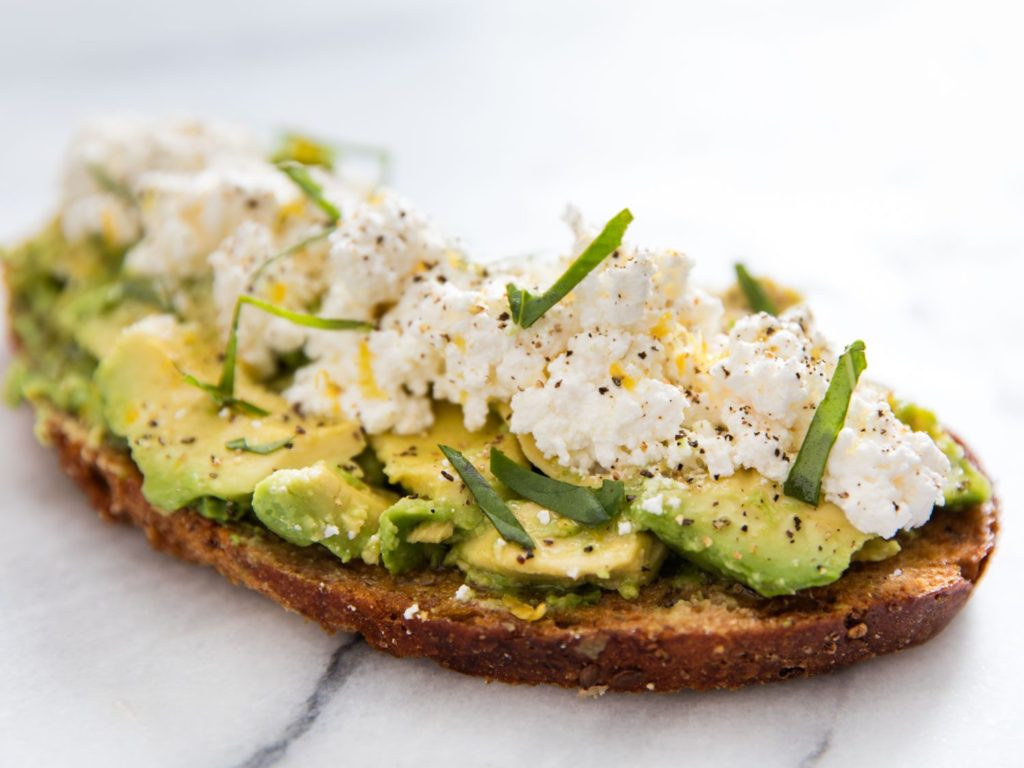
Why I Left Facebook
A few weeks ago, I let my Facebook community know that I would be deactivating my account as of July 1, 2019, and that they should subscribe to my blog or follow me on Twitter if they wanted to stay in contact with me.
People Had Thoughts

Boy, did they ever have thoughts. “You should stay and fight the system… All social media is the same… You are brave but I could never… I’m right behind you… I’m friends with too many people.”
Yes to all of the above. But also no to all of the above. I understand that it is a challenge to leave a platform that makes staying in touch with friends and family literally around the world so convenient. We write one post and everyone we are connected to can see it. That is so much easier than 2,793 phone calls or emails in order to let someone know that we had avocado toast for breakfast and it was…

#SooooGooood!
“Friends” is a Misnomer
But do we really need to be “friends” with three thousand people? And do we truly know all those people anyway? Or are we just looking for that dopamine boost we get when someone hits “Like” on our post, or responds with a little paragraph? That momentary high and those couple of sentences don’t mean that we are building true friendships with virtual strangers.
This is not to say that real, meaningful friendships or even partnerships have not been forged online. I know they have and I’ve witnessed it. I even have a couple of friendships that I value that developed because of Facebook. But to suggest that the bulk of my online “friends” are real would be to mislead you. I’ve wasted so much time on Facebook that the off chance that I might create one or two lasting connections does not in any way justify remaining on this platform. It’s a misnomer to say that the people we are connected to on Facebook are friends. For the most part, they are acquaintances. If we’re being completely honest, they are total strangers we have never met and with whom we share precious little in common. And do I really need to know whether virtual strangers (in both the literal and figurative sense) are having…

#BestDayEver
Everyone on FB is either having the best day of their lives and living it up on their European vacation, where they insist that macarons from Ladurée in Paris are #magical, or they have to share with you this horrible thing their congressperson just did that they insist we must all write to our elected officials about immediately because #IJustCant. And believe me, I have done my fair share of both. Ask anyone who knows me.

The problem with seeing everyone’s best days is that our lives seem dull by comparison. But of course no one really lives the way their lives are curated on Facebook. We put forth our best, our happiest, our prettiest. We edit, filter, blur, and retouch. How can we live up to these perfect versions of our friends’ lives? How can we live up to the perfect versions of our own online lives?
By contrast, when we see all the anger and hate being directed at people, we immediately swing to the opposite end of the emotional pendulum. Our stress levels can’t handle the constant fluctuation and send us into depression. Just Google “Facebook makes you depressed” and you’ll find all kinds of studies that confirm it.

The Facebook Time Suck
Not only did I find that my mental health was taking a beating because of the constant comparison of my own life to everyone else’s (highly curated and probably not as perfect as it seemed) life, not to mention wondering what was wrong with half of the country that simply could not see what I saw so very clearly, I wound up going down the FB rabbit hole and arguing with complete strangers about things (usually political) in the absurd belief that I would somehow change their minds. It was a colossal waste of time! I choose to spend my time on more worthwhile pursuits, thank you.

You Are the Product
Despite all these reasons, one could still justify staying on Facebook for any number of reasons, all of which are fine, if that’s what you want to do. But the more I researched Facebook’s privacy policies and the more I learned about their involvement in the 2016 elections, and their refusal to change their policies as a result of the information we’ve learned since then, the more I realized that I can’t remain on a platform for which I am the product, the revenue stream, the income generator.

All the advertising space on Facebook is not bought in order to reach out to you. It’s bought in order to mine all your data, from where you are at any given moment, to your religious beliefs, your political views, your educational background, how many kids you have (or don’t have), your job, how you feel about your body, and more. Every quiz you take is data turned over to these advertisers. And you have less control over that than Facebook would have you believe. Tighten your controls all you want; they will still be inside your habits, psyche, and every corner of your life.

Democracy Inaction
One of the biggest determining factors for me to leave Facebook was that it refuses to crack down on hate groups and fake accounts. It is a safe haven for hate groups that continue to espouse their vitriol against marginalized communities with no basis in facts and foment dissent and violence, while Facebook repeatedly defends the right of these groups to exist, saying again and again that their content does not violate Facebook’s policies. Yet the moment a breastfeeding mother posts a photo, her account is shut down. I’ve also had friends complain to Facebook that their identities had been stolen with fake accounts set up, but FB did nothing to shut down the fake accounts. In the wake of the 2016 election, investigators found thousands of fake accounts, many of them Russian, but FB has yet to address the problem in any meaningful way that proves we will not have a repeat of the last election.
The fifteen-minute TEDTalk in the link below addresses the impact Facebook had on the Brexit referendum, and in a roundabout way, on the 2016 US election. What is most disturbing here is that there is a staggering amount of evidence that it will happen again. Not only that, but Facebook will be at the heart of it. This should terrify anyone who claims to believe in democracy.
All Social Media is Evil, Right?
I’m not trying to say that Facebook is evil, or that any social media platform is. I’m suggesting that, for me, this particular platform became more of a burden and I simply can’t continue to support it.
My one-month experiment in January to go on a Facebook fast, just to see if I could do it, turned into a six-month fast and highlighted how much more productive I could be with my writing and my editing work. It also proved that I was able to stay in contact with people who are important to me, and that I would take the time to reach out rather than relying on the convenience of a tool whose overlord has become morally questionable.
In the publishing world, Facebook really isn’t where connections are made anyway. Twitter is currently more in vogue for agents and editors, and while it has its own issues, I’m making small changes to focus my social media platform there and here on my blog instead of on Facebook.
Farewell
To wrap up:
- Most of my “friends” on Facebook aren’t even people I know in real life
- I don’t need to create more angst in my life by trying to live vicariously through friends
- It’s time to reduce the anxiety of arguing with strangers as I watch our democracy shrivel
- I wanted to reclaim my time
- In a consumer-driven society, I choose not to be the product
None of this very lengthy post is meant to try to convince you to join me in my exit. I simply had so many people both on Facebook and IRL asking why. Because I’m a writer, and because I have THOUGHTS, this seemed like the appropriate response. If you feel the need to stick with Facebook, I hope you do so in an informed capacity, aware that you are not a consumer of Facebook. The advertisers are the consumers. You are the product. But I digress. If it works for you, your business, or platform, more power to you.

Sure, this is a small step, but it’s one that makes me feel as if I am actually standing up for my principles instead of just complaining about what a douchenozzle Mark Zuckerberg is. In the meantime, see you on Twitter (until I have to give that up, too).
